Omaha Naturalization & Citizenship Attorneys
Improving the Futures of Individuals & Families
Becoming a U.S. citizen is, for many immigrants, a major milestone that is to be celebrated. There are numerous benefits to being a citizen: You can live and work permanently in the country, vote in elections and serve in juries, obtain a U.S. passport for travel, and sponsor your relatives who are still overseas. However, the journey towards citizenship is a long and often complicated one that can be challenging to navigate. Though it’s possible for individuals to naturalize on their own, it’s not always wise to do so, especially when your family’s future is at stake. Our Omaha citizenship and naturalization attorneys have the experience and resources needed to guide you through the naturalization process safely. Burnett Wilson Law is a community-focused firm with more than five decades of experience helping clients overcome legal obstacles, and we can be relied on to put your family’s needs first.
Contact our team online or by phone at 402-403-4358 to schedule a consultation with our caring citizenship attorneys in Omaha today. Our team prioritizes our clients’ needs and well-being through open and accessible communication.
What Are the Ways to Become a U.S. Citizen?
Besides being born in the U.S., people may become citizens through the immigration and naturalization process, or through parents.
What is Naturalization?
Naturalization is an immigration law term that refers to the process in which one becomes a U.S. citizen. Before applying for naturalization, most immigrants must already have lawful permanent resident status first for a certain period of time. To apply for naturalization, you must meet a variety of eligibility requirements.
You must fulfill one of the following to apply for naturalization:
- Have a U.S. permanent residency, or green card, and live in the U.S. for a certain period of time depending on your category; for most, that is 5 years;
- Be at least 18 years old;
- Be of “good moral character,” meaning usually that you are free from serious criminal history; and
- Demonstrate proficiency in the English language and American history and civics.
Common Barriers to Success
Unfortunately, it doesn’t take a lot for an individual to be denied citizenship. Certain eligibility requirements are stricter than they appear and violating them or failing to meet them can result in a delay or rejection of citizenship, among other consequences.
Some common barriers to success include:
- Good moral character requirement: Some think that they can automatically achieve citizenship if they simply have no convictions during the five-year permanent resident period, but even small mistakes that you made years ago can prove to be a major obstacle. Even failure to pay child support, inaccurate tax returns, and past restraining orders are heavily scrutinized by the government in determining whether to award you citizenship.
- Arrests and convictions: Even minor crimes that were committed decades ago can come back to make your life difficult when you apply for citizenship. Under current law, convictions can prevent individuals from getting a green card, becoming a citizen, and result in deportation in immigration court. If criminal convictions aren’t deemed severe enough to be automatic bars, they can still be used to question your “good moral character,” which is why it’s crucial for you to hire an Omaha citizenship lawyer who can inform you of potential consequences before you apply.
- Disruption of continuous residence and extended travel: Individuals applying for citizenship must prove that during the eligibility period they lived in the United States after being granted permanent resident status and that they didn’t disrupt their residence. If you went abroad for longer than six months, officials could make a case for disruption of residency. Absences 12 months or longer are considered full disruptions of continuous residence that will result in a denial of your naturalization for several years.
- Concealing or falsifying information: Some immigrants attempt to hide information from the government to avoid embarrassment, problems, or being deported, but the reality is that falsifying information places you in even greater danger. The government can press criminal charges or pursue a deportation case against those found guilty of concealing information.
Does the United States Allow Dual Citizenship?
"Dual citizenship" refers to when an individual maintains citizenship in two separate countries at the same time. While some countries do not allow this, the United States has no laws against dual citizenship. If you are considering keeping your citizenship in another country while also applying for citizenship in the U.S., it's important that you look into the laws of the other country to ensure that they are compatible with the laws of the United States and also allow dual citizenship.
Unsure if your country allows dual citizenship? Contact our team today to expert guidance on all things citizenship-related!
How Burnett Wilson Law Can Help You On Your Road to Citizenship
Though naturalization can be an exciting event in one’s life, the process can be extremely stressful and risky if you aren’t aware of eligibility requirements and what can potentially harm your chances of remaining in the United States. Our citizenship lawyers in Omaha are well-versed in immigration law and can walk you through the process step by step, so you understand your situation.
Call our Omaha citizenship and naturalization attorneys at 402-403-4358 to begin your journey today. We can stand by your side throughout the naturalization process.
Families We've Helped
"They have a great legal team with the knowledge and experience in many different specialties of law."
- Former Client

